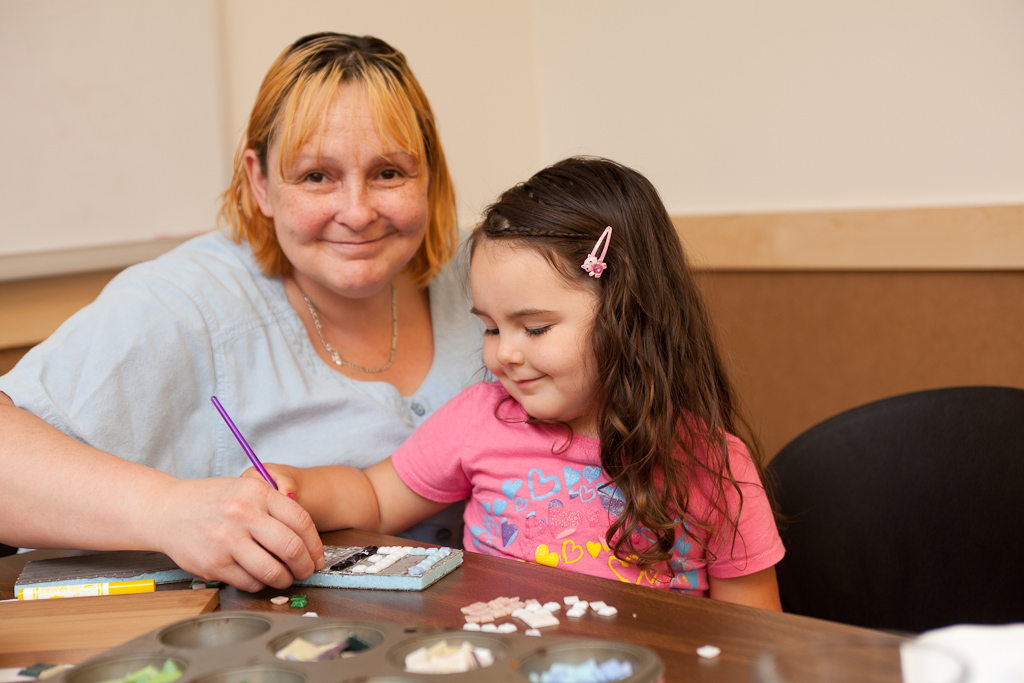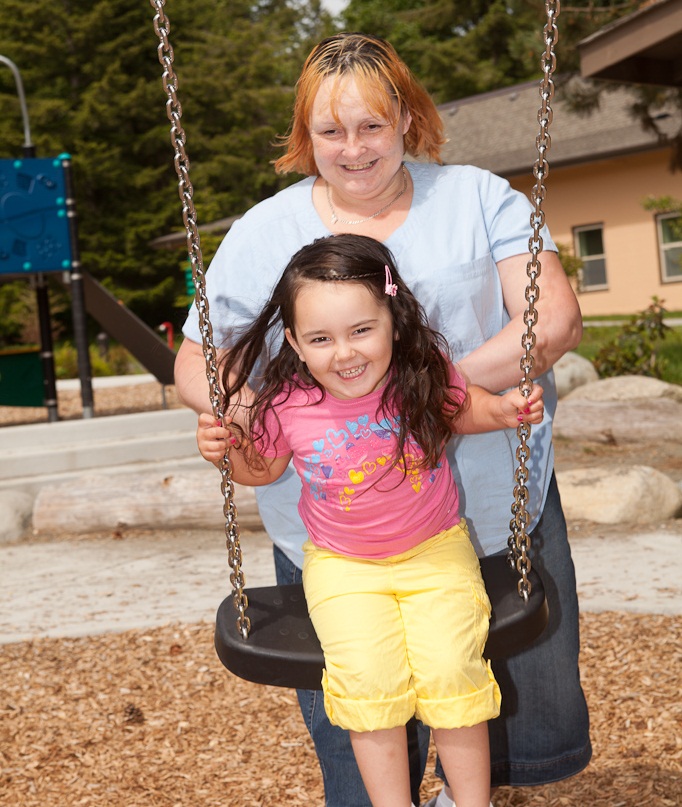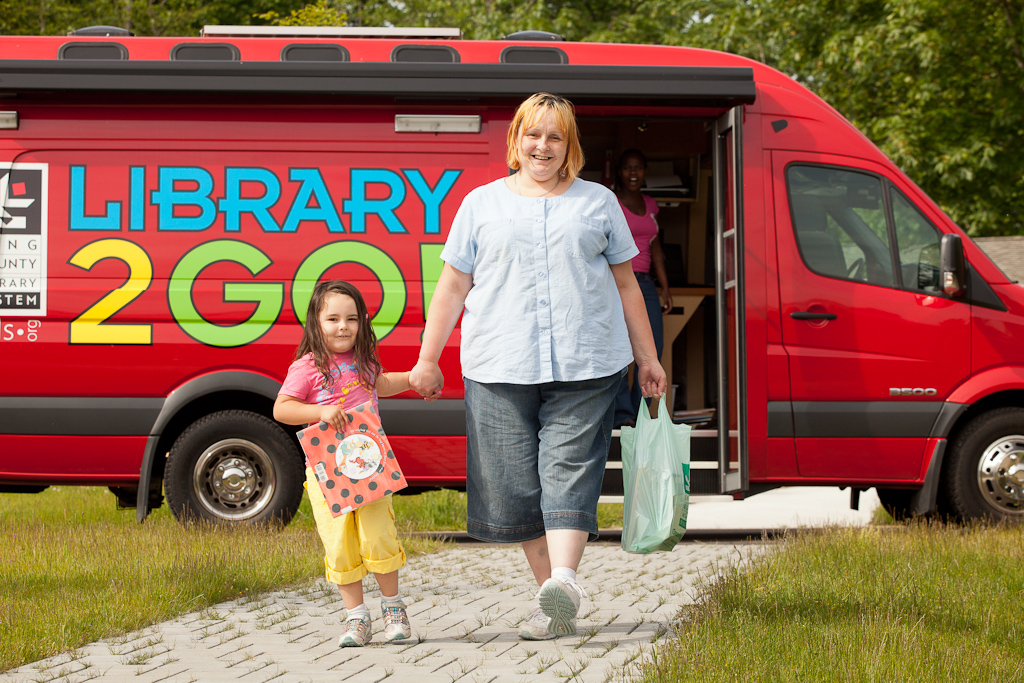We continue our series, “Not a Prisoner of the Past,” exploring the challenges facing women and families that are attempting to build their life again after being incarcerated and other life changing circumstances. This is our fifth post in this series and Andrea VanHorn continues to invite us into the YWCA Seattle I King I Snohomish Passage Point, a supportive residential community for parents discharged from the corrections system who would otherwise be homeless and who seek to reunite with their minor children and families. We introduced you to Nora in this earlier Photo Friday post, and now share her story along with others below.
Written by Andrea VanHorn, YWCA Seattle I King I Snohomish Community Resource Coordinator
Every time I hear of people’s prison experiences, I shudder. I cannot imagine “living” in a small, cold room with other people, constantly being watched over but being surrounded by solitude, loneliness and my own private thoughts.
In 2010, federal and state correction facilities in the United States incarcerated more than 1.6 million people, while more than 9 million individuals were released from jails, according to the National Reentry Resource Center.
The numbers are staggering and it makes you wonder how and why so many ended up behind bars. One thing I have learned at YWCA Passage Point: No one wants to go to prison or jail, and incarceration often follows a long history (often generational) of abuse, addiction, violence and poverty.

Nora, a resident of Passage Point, was incarcerated because of crimes related to her addiction. After the devastating death of her husband, and with no support system in place, she turned to drugs to cope. Nora explained what it was like being in jail: “Every day … I had to remember that everything is temporary and look forward to the next day.”
But as Nora’s release from prison loomed, she faced a surprising thought: that re-entering the community might prove tougher than prison. “I was released at 150 days instead of 160 days,” said Nora. “I had a panic attack getting released 10 days early because I did not know what to do.”
Men and women leave prison or jail with the hopes of becoming self-sufficient and never going back. But stepping out of those doors is not so simple – it requires skills, knowledge, resources, and a trusting and caring community.
Two out of five inmates lack a high school diploma or its equivalent, according to the National Reentry Resource Center. Couple that lack of education with a criminal history, which disqualifies former inmates from most employment opportunities, and it becomes clear why re-entering the community have a hard time finding work. But jobs are crucial for successful re-entry into the community.
YWCA Seattle I King I Snohomish Passage Point case managers and volunteers provide residents with help finding employment, drafting resumes, improving interview skills, or enrolling in a GED program or college. Passage Point also has strong community partners and links with other YWCA programs where residents can find help with employment or job training.
Life skills and the ability to cope with everyday tasks are also important for successful re-entry. We often take for granted our ability to take care of work, our families and our home. But what if you never learned those life skills?
“Since 2005, I have only been out of prison for eight months,” Melissa said on re-entering and moving to Passage Point. “Now, this is the first time in a week I have left my apartment. I have anxiety of not being told what to do, not having structure… that is the hardest.”
“I get overwhelmed when I go to the grocery store. There is so much to choose from I don’t even know where to start,” is a common feeling echoed by many residents at Passage Point.

Case managers will take residents to the grocery store, teach them how to clean, help them find clothing for their children and even help parents make appointments or enroll their children in school – no amount of support is too small or too large and parents and their children have every opportunity to succeed.
Succeed like Nora, who celebrated one year of sobriety and reunited with her children. Or succeed like Melissa, who recently moved to Passage Point and after her first week here, said with a smile on her face, “I’m ready to go out on my own; how do I get to the library?”
